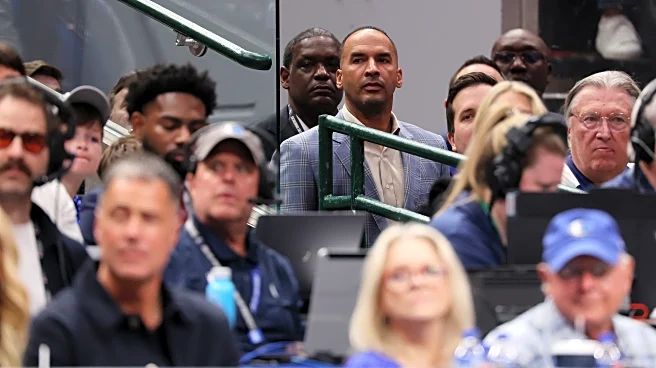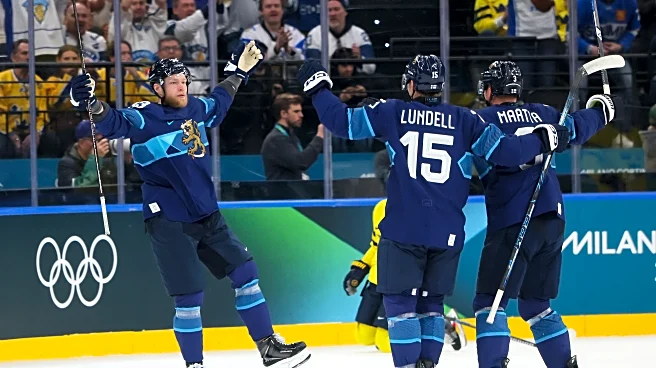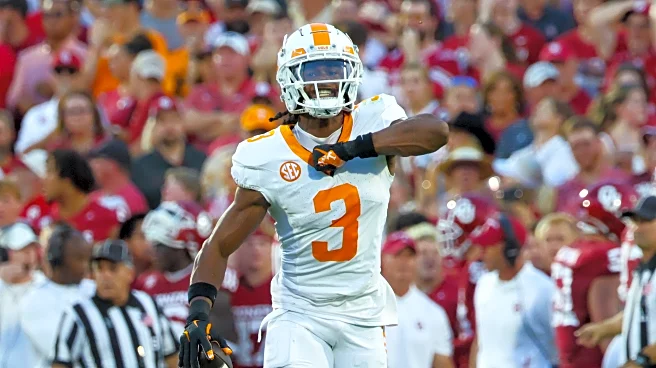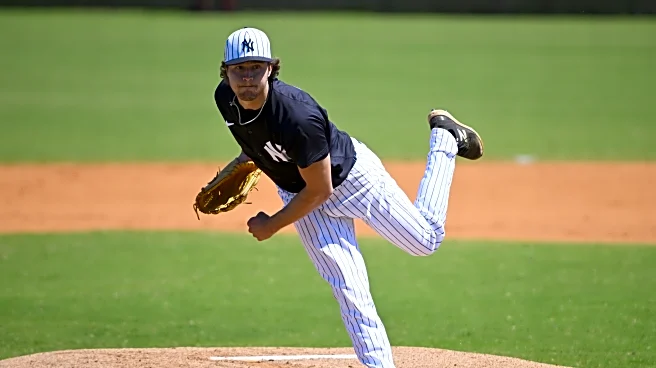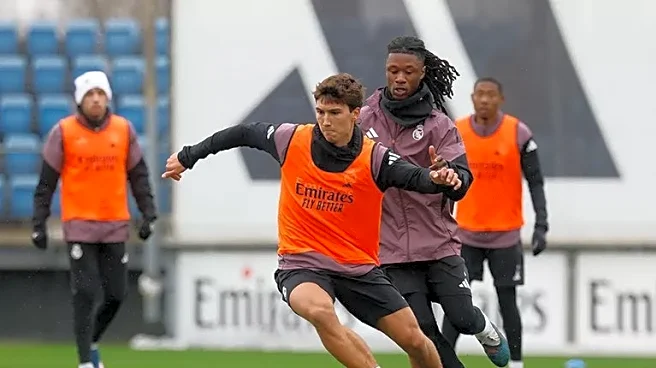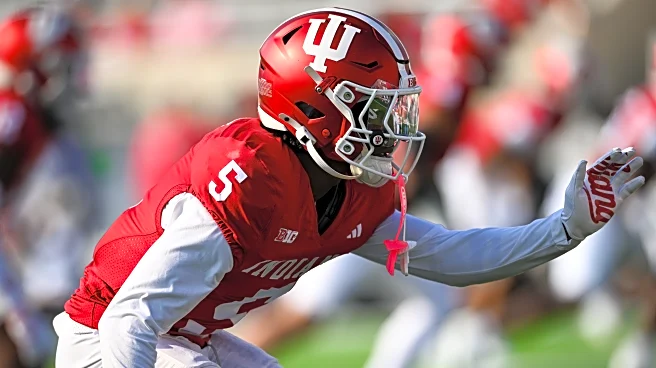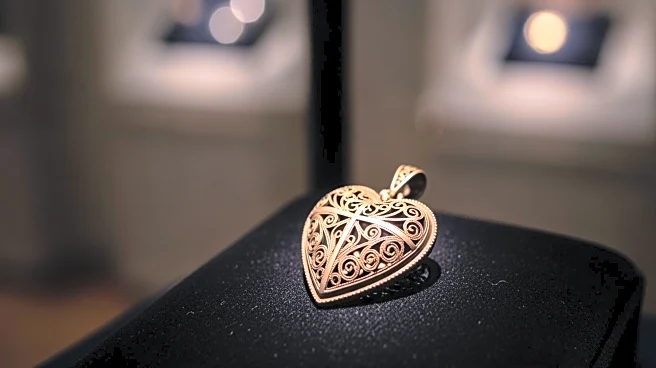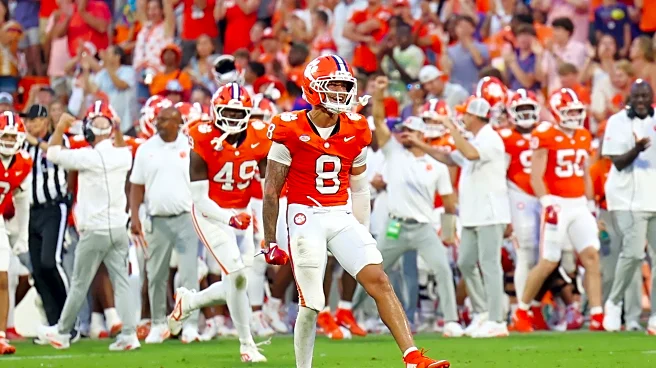There is an unofficial system of checks and balances that exists in the liminal space between NBA players, coaches, executives, owners, and fans. As soon as any piece of that continuum is too far out of balance,
order is restored—eventually. Often, it is a player forced to retire due to the inevitable entropy of skill, thus finding no suitors. Other times, a coach loses the locker room and then not long after, his job.
At first, it seemed as though there was no check on Nico Harrison. He had dazzled his new owner into believing that a former shoe executive was more responsible for the Mavs reaching the Finals than the all-time great producing magic on the hardwood time and again. His full takeover of the organization included ousting Mark Cuban from the decision tree, jettisoning any semblance of internal dissent, and collecting past-their-prime players he revered from his shoe days. It was not enough to be in contention for years to come or even return to the Finals. Harrison needed it to happen his way, with his friends.
Much like a marriage so untenable it ends in a quick and bitter divorce—rather than being just palatable enough to endure the middling status quo and defer the uncoupling for a few years—the Kyrie Irving ACL injury and the sight of Anthony Davis in street clothes at game time served to accelerate the end of the Harrison era. Of near equal impact were the checks and balances that Dallas Mavericks fans leveraged amid their grief and trauma. The “Fire Nico” chants regularly peppered the American Airlines Center with gusto that no amount of ejections could quell. When that incessant klaxon rang out in venues around DFW, it became a cultural talisman of righteous indignation. The outcry did not fade in a few weeks or with the draft lottery’s good fortune.
While Patrick Dumont’s public statement alludes that he now views the Dončić trade as a mistake, we will likely never hear the same admission from Harrison. The level of hubris required to germinate the trade idea was itself an indictment. It was a premise that would have been squashed by any other NBA owner. Instead, the blind led the blind down a dark path.
In the hours and days that followed Harrison’s firing, a not-so-insignificant smattering of the commentariat seems determined to shift the responsibility from Harrison and onto Dumont. Scapegoat? Fall guy? Hogwash. The flaw in questioning how Dumont could have been unaware of the consequences of the trade underestimates the sheer naivety of the new Mavs Governor at the time. Buying a basketball team and understanding the NBA are not mutually inclusive. His attempt to speak about work ethic and team culture sounded like corporate doublespeak and betrayed a staggering level of ignorance. Harrison was Dumont’s ill-suited ambassador in a world alien to him.
The Cautionary Tale
When Nico Harrison was hired in tandem with Jason Kidd in 2021, I raised an eyebrow. Here was a man who was connected to the NBA tangentially but not born in its fiery front office cauldrons. He did not begin as a scout or video coordinator and rise meritoriously rung by rung. Instead, this experiment was the brainchild of Mark Cuban. After years of striking out in free agency and sensing the need for a Rolodex of connections, Cuban seemingly brought Harrison on as an asset to serve as a conduit to better outcomes rather than a decision-maker. It had the feeling of on-the-job training for the former sneaker executive. How much harm could he really do with Cuban as the end-of-the-line decision maker and backstop against his worst impulses?
The Ringer’s Howard Beck just wrote a fantastic piece in which he quotes Harrison in the run-up to Game 2 of the 2024 NBA Finals. “I’m gonna say this without being arrogant,” he told Beck. “I was an executive at a Fortune 200 company. So I had teams of 150 people. I had budgets bigger than the NBA budget that I was in control of. So yeah, I think I was a risk. But I’ve been in basketball for 20 years. I think leadership transfers from industry to industry. … But I was outside the box. But I think sometimes outside the box is good.”
Leadership traits may indeed carry from one industry to another because they are innate to the persona. However, what the Mavericks and—sadly, their fans—have learned the hard way is that expertise does not travel and the lack of it can allow ego to run amok—and in Harrison’s case, draw all the wrong conclusions along the way. While we saw Luka Dončić launching an iconic step-back over Rudy Gobert to put the Mavericks over the hump in the Western Conference Finals, Harrison saw his team advancing. While we saw Dončić channeling Curt Schilling and playing on bleeding knees, Harrison saw a player unwilling to hustle on defense.
The expertise of a savvy NBA executive honed for a decade or two would have led Nico Harrison to value the generational talent of Luka Dončić. Instead, he came from an industry where losing was never a fear. There were plenty of athletes to go around the various shoe companies, and if you botch it with Steph Curry—as Harrison did—you don’t lose your job, you simply pivot to the next talented player to schmooze.
In the NBA, losing is so much easier than winning. After burning assets to assemble a championship-level team around Dončić, Harrison deluded himself into believing the Mavericks franchise player would never figure it out. Even worse, he valued getting rid of Dončić as an asset, which explains the meager haul in return. The long-held quest to add Anthony Davis to the Mavericks seems bizarre on the surface until you see Davis on Harrison’s Instagram page dousing him with ice water during the ALS challenge over a decade ago.
This was his buddy, and it is clear that in place of empirical talent evaluation, Harrison saw his friend at his prime rather than where Davis actually was in his career arc. This inexplicable disdain for Dončić and the untethered, fawning view of Davis collided at Ascension Coffee. Gosh, he must have felt like a secret agent keeping his awful idea quiet.
The man who was never good enough to smell an NBA roster finally had the power to do it his way. If Dončić had won a title in Dallas, he would have taken his place alongside Dirk. If Harrison’s mealy-mouthed post-trade declaration that the Mavericks would win a championship actually came to pass, it would have been his redemption for a life spent around the game but never on the NBA court. His own “real life PlayStation” shining moment of front-office brinksmanship, which he alluded to last April when he told reporters and essentially the fanbase, “you’ll see”.
Well, we saw…that hard-won expertise matters. That leadership is about service to a noble cause. The lack of dissenting voices leads to yes men and echo chambers. That flying too close to the sun will melt your wings.
Salieri, Revisited
A few days after the trade, I wrote a column entitled “Luka Doncic, Nico Harrison, and the burdens of genius,” drawing the parallel that revealed the animating urge behind Harrison’s blunder. Now, after his dismissal, both shockingly quick and long overdue, I wonder if the years will bring any semblance of perspective to Harrison in his eventual twilight. I doubt it.
In the film Amadeus, Salieri believed that he killed Mozart through his jealous machinations and confessed at the end of his life, “he was my idol”.
Harrison may never admit to himself the jealousy behind his antipathy for Dončić. He certainly won’t do so publicly. His myopic foolishness cut short—not a lifespan—but a timeline. Maverick fans will never be able to see Luka in gold without feeling that a single man—freed from all restraints through happenstance—committed larceny that is etched deep in the soul of DFW.
Whether Luka wins it all for the Lakers or doesn’t and whatever the Flagg era and beyond brings, nothing can ever restore the chance to see if Luka could follow what Dirk achieved. Stay long enough, learn, persevere, and ultimately prevail.
Luka deserved the chance. So did we.
